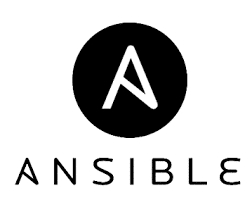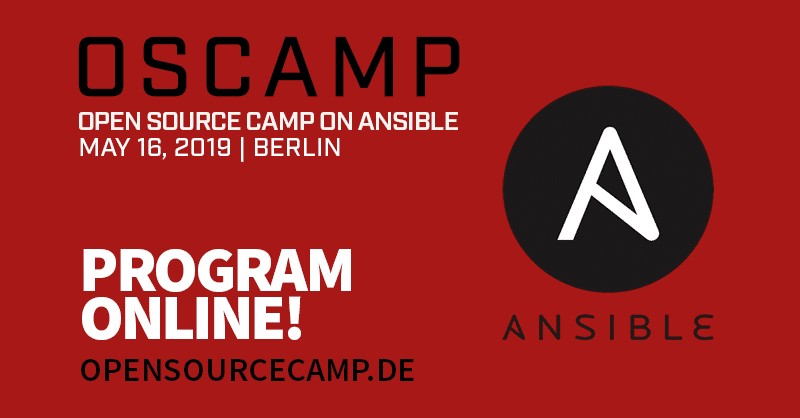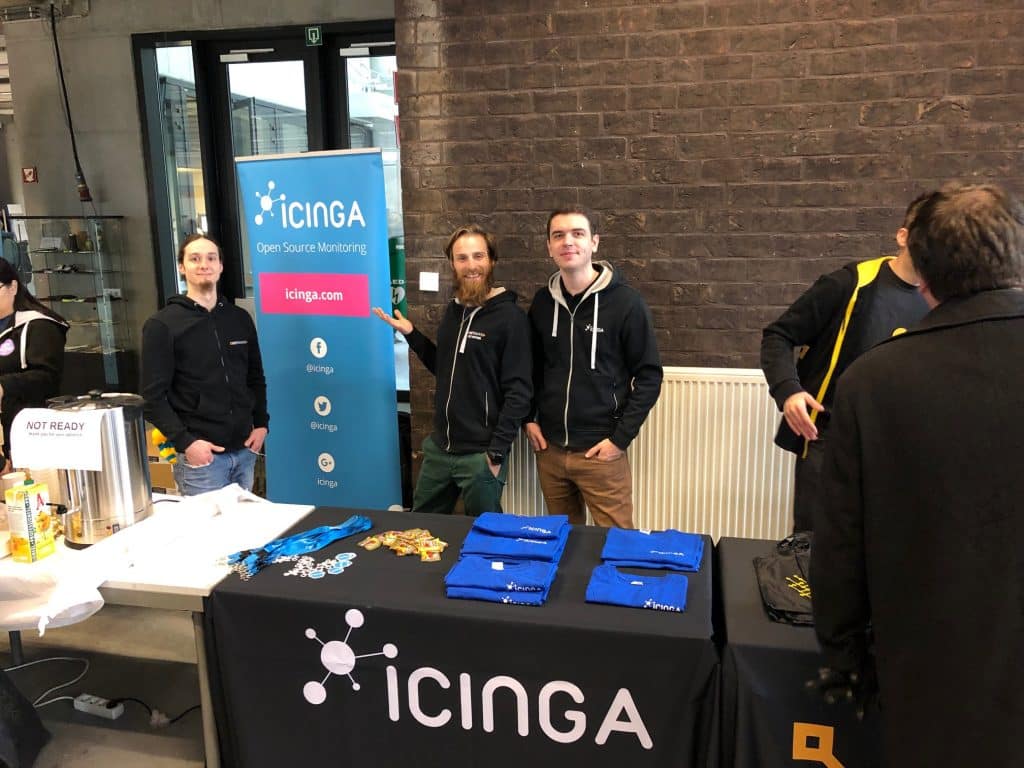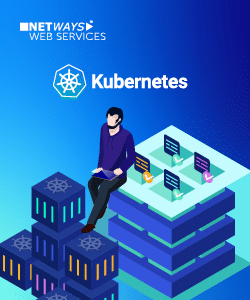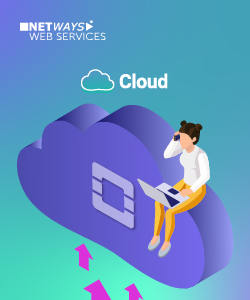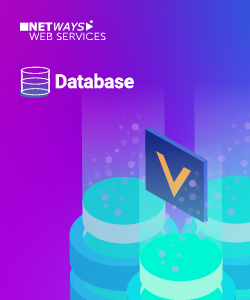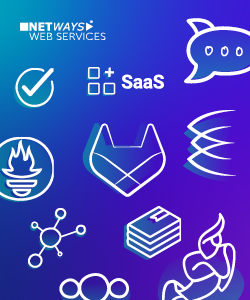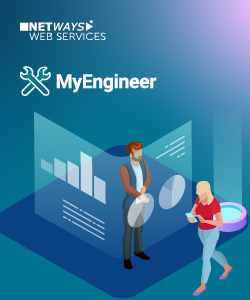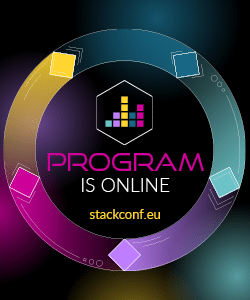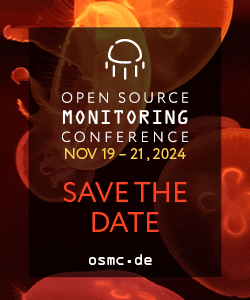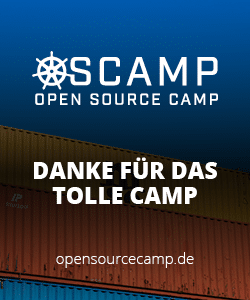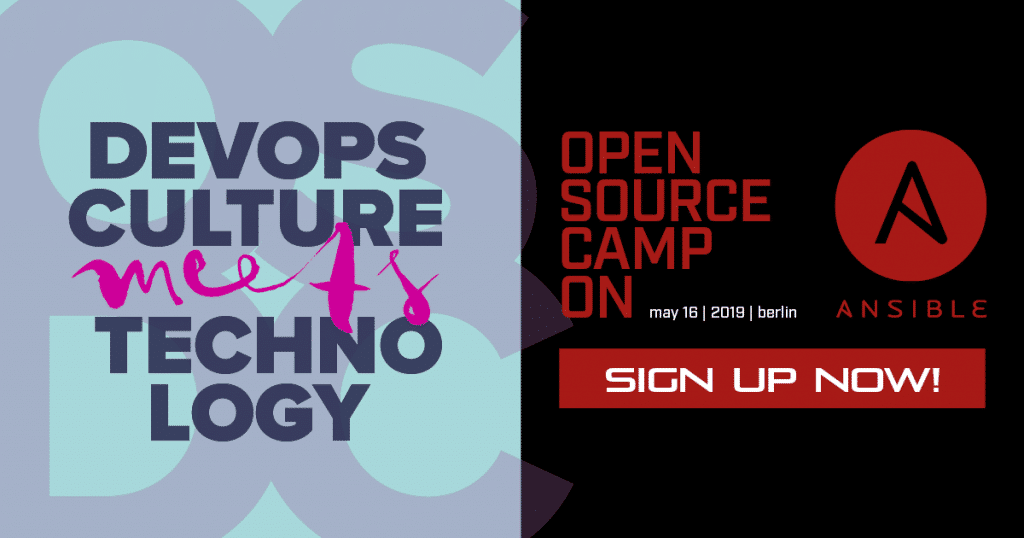
Hey folks!
The OSDC 2019 is in full swing! You didn’t get to be part of the happy DevOps crowd meeting in Berlin?
Here‘s your chance to find some relief by participating in the next big Open Source thing happening in Berlin this week: Be part of our OSCamp on Ansible!
But you gotta be really fast to grab one of the few remaining seats at opensourcecamp.de
To get a glimpse of how it feels to be one of the OSDC guys, just take a look at the photos published so far on our Twitter channel. And start getting excited what’s coming up at the OSCamp…
See you in Berlin on Thursday!

